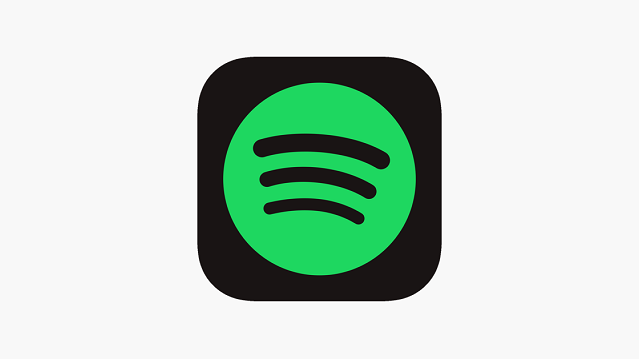Spotify Could Bring Down Apple in EU
Spotify, the streaming provider of music and other audio content, finds itself at the EU’s current ant-trust charges which it were brought against Apple. The European Commission, the executive body of the 27 member nation EU, has determined that Apple’s payment system unfairly forces competitors to pay it a share of the money which they raise. In short, to be able to have an App on iOS operated devices a business must pay Apple a cut of its revenue even when it offers a service similar to one which Apple offers itself.
In the case of Spotify, it competes directly with Apple’s iTunes service. People might now wish to make David vs Goliath comparisons. But that would be premature as no final decisions have yet been made. The EU has only issued a formal notification of sorts to Apple of its “preliminary view.” And besides that, Spotify is a hugely successful company so it really should not be compared to David in this instance.
The European Commission stated that it has informed Apple of its preliminary view that it distorted competition in the music streaming market as it abused its dominant position for the distribution of music streaming apps through its App Store. The Commission says that it “takes issue with the mandatory use of Apple’s own in-app purchase mechanism imposed on music streaming app developers to distribute their apps via Apple’s App Store.” The Commission is also concerned that Apple applies certain restrictions on app developers preventing them from informing iPhone and iPad users of alternative, cheaper purchasing possibilities.
The EU says that its concerns center on the mandatory use of Apple’s proprietary in-app purchase system (“IAP”) for the distribution of paid digital content. Apple charges app developers a 30% commission fee on all subscriptions bought through the mandatory IAP. The Commission’s investigation showed that most streaming providers passed this fee on to end users by raising prices.
It is also alarmed by “Anti-steering provisions,” which limit the ability of app developers to inform users of alternative purchasing possibilities outside of apps. While Apple allows users to use music subscriptions purchased elsewhere, says the EU, its rules prevent developers from informing users about such purchasing possibilities, which are usually cheaper. The Commission says that it is concerned that users of Apple devices pay significantly higher prices for their music subscription services or they are prevented from buying certain subscriptions directly in their apps.
–
Careful it’s hot! A fresh batch of new music is served.
Here’s some shades 🕶 You’re going to need them for the all-star lineup on @djkhaled‘s #KHALEDKHALED https://t.co/s6cdL1vVqQ pic.twitter.com/NL5z97He2A
— Spotify Canada (@SpotifyCanada) April 30, 2021
“Ensuring the iOS platform operates fairly is an urgent task with far-reaching implications,” Horacio Gutierrez, Spotify’s head of global affairs and chief legal officer, said in a statement. The commission’s announcement, he said, “is a critical step toward holding Apple accountable for its anticompetitive behavior, ensuring meaningful choice for all consumers and a level playing field for app developers.”
Apple released its own statement accusing its competitors of wanting to have it both ways. “They want all the benefits of the App Store but don’t think they should have to pay anything for that,” Apple said. “The commission’s argument on Spotify’s behalf is the opposite of fair competition.”
EU Executive Vice-President Margrethe Vestager, in charge of competition policy, said: “App stores play a central role in today’s digital economy. We can now do our shopping, access news, music or movies via apps instead of visiting websites. Our preliminary finding is that Apple is a gatekeeper to users of iPhones and iPads via the App Store. With Apple Music, Apple also competes with music streaming providers. By setting strict rules on the App store that disadvantage competing music streaming services, Apple deprives users of cheaper music streaming choices and distorts competition. This is done by charging high commission fees on each transaction in the App store for rivals and by forbidding them from informing their customers of alternative subscription options.”





